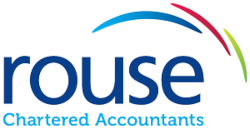How does it work?
- If any of the individual’s income for the year is additional rate income then the individual’s savings allowance for the year will be nil.
- If any of the individual’s income for the year is higher-rate income and none of the individual’s income for the year is additional rate income, the individual’s savings allowance for the year is £500. This means you will be able to earn up to £500 interest with no tax.
- If none of the individual’s income for the year is higher rate income, the individual’s savings allowance for the year is £1,000. This means you will be able to earn up to £1000 interest with no tax.
No tax will be payable on savings income until the new savings allowance has been used up.
This includes any interest you earn from bank accounts, savings accounts, credit union accounts, building societies, corporate bonds, government bonds and/or gilts.
In a further change, banks and building societies will no longer deduct tax at source from interest at 20%. This means that non-taxpayers will no longer need to fill out an R85 to receive bank and building society interest gross. However, companies will still need to account for 20% at source on payments of interest.
Could you earn up to £17,000 of savings income tax-free?
The 0% savings starting rate also remains available on the first £5,000 of taxable savings income for those with the correct split of income. This would apply where non savings income (broadly speaking: pay, trade profits and property income), are no more than the personal allowance.
This means that for some, the effect of the personal allowance (£11,000 for 2016/17), the £5,000 starting rate band and the new savings allowance (£1,000 for basic rate taxpayers for 2016/17) means that it may be possible to receive up to £17,000 savings income tax-free in 2016/17.
In light of the above changes please contact us if you would like to review your tax position on savings income.

Award-winning chartered accountants offering tax, audit and advisory services.


